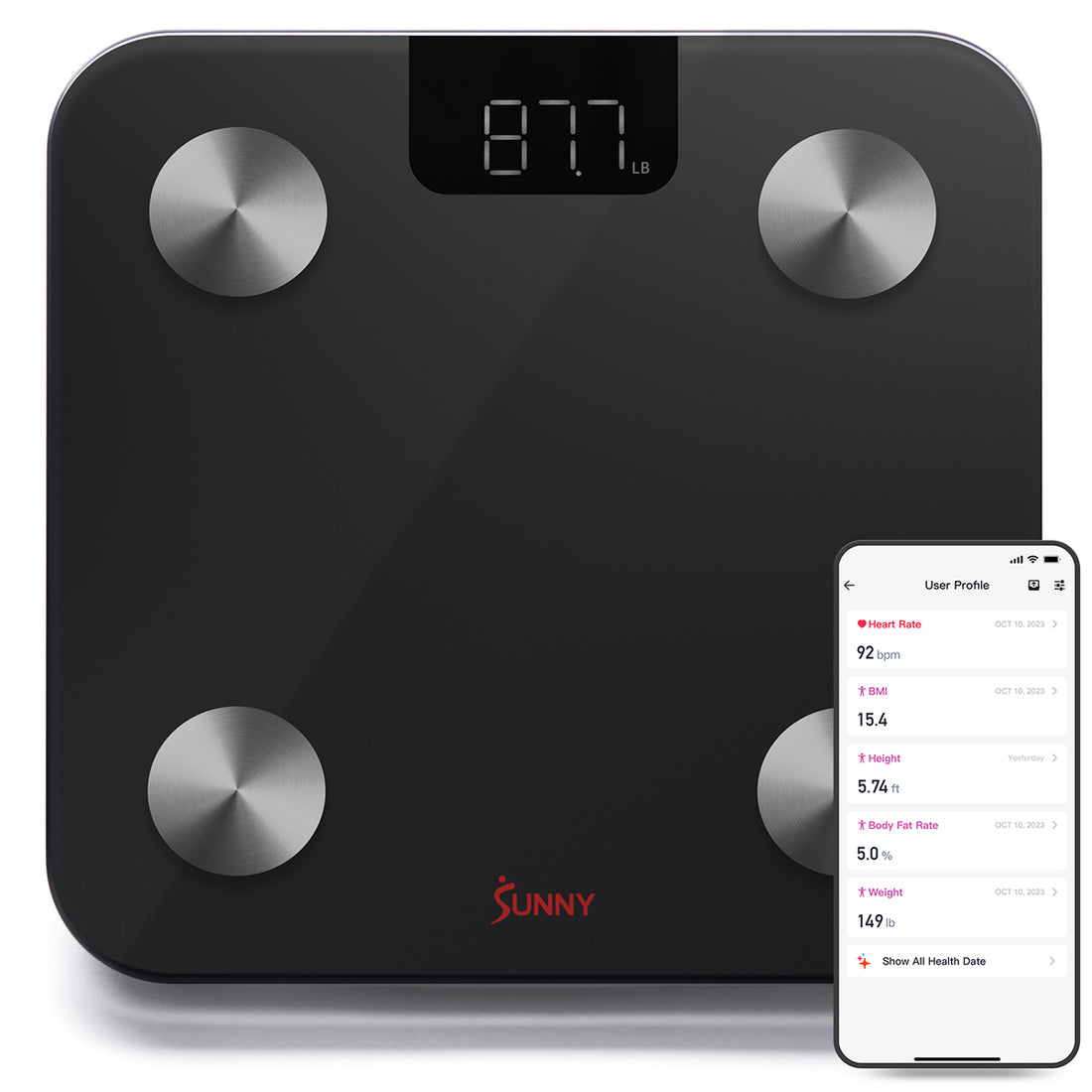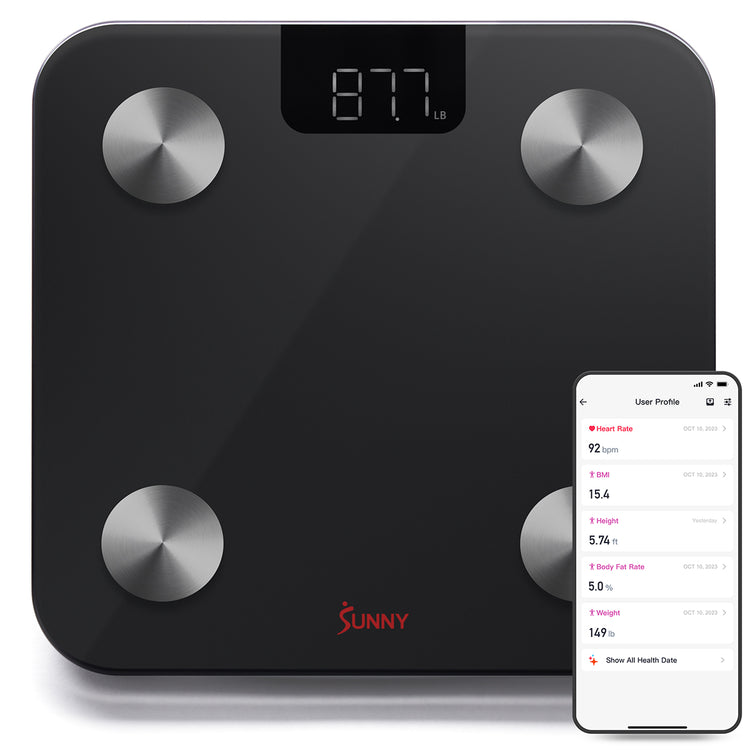Published 8/23/2023, updated 11/3/2025
Body Mass Index (BMI) is a widely used measurement that helps to assess your physical health. You may have experienced the use of BMI in a doctor's office, or if you have ever been evaluated by a personal trainer at a gym. Its widespread use can be attributed to convenience and budget. All you need is your height and weight measurements, and you can calculate your BMI – no need for expensive equipment or an expert to read the data. To calculate, simply take your weight in kilograms divided by your height in meters squared (Weight (kg)/height (m) 2).
But is it accurate in determining how healthy you are? Experts say not always, and that it should be thought of as a screening tool rather than a diagnostic tool. (1) This means you should try to avoid heavily relying on your BMI measurement to assess your health status, and instead use it as a means for further investigation. In this article, you will learn how to use BMI to help, rather than harm, your overall wellness!
What is BMI?
BMI, an index rating based on your height and weight, is a basic comparison of these two physical attributes. It tells us nothing about what’s happening in your body at the physiological level, nor what percentage of your weight is fat, muscle, bone, or other. And while it can sometimes be used as a good reference or data point when looking at your health metrics as a whole, it should never be relied upon as standalone information.
Depending on BMI alone can potentially even be harmful to your health. A 2018 study found that there was a high rate of diagnostic discordance between BMI and body fat percentage. In other words, individuals whose BMI classified them as “obese,” didn’t necessarily have an “obese” body fat percentage. (2) Individuals who are of shorter stature but have a lot of lean muscle mass are sometimes affected by this. While they have a healthy body composition, their BMI is often classified as “obese,” as a high muscle mass percentage increases body weight. Even more reason to not take the number on the scale at face value.
This brings up two potential problems with BMI measurements. One, if someone has a high BMI but perhaps has denser bones or more muscle mass, they may be counseled to lose weight when it's unnecessary and possibly harmful. On the other hand, individuals with underweight or healthy-range BMIs may not take action on healthy lifestyle modifications like diet and exercise, as it may not seem like a priority. Both scenarios come at the expense of an individual's health. To find a balance, considering other health measurements like body fat percentage and muscle mass is essential.
How BMI Can Help You Assess Your Health
Rather than looking at BMI as the gold standard of health, view it as a screening tool. Treat a BMI reading of “underweight,” “overweight,” “obese,” or “severely obese” as a red flag that warrants further investigation. This would include getting bloodwork done to measure lipid and blood sugar levels, getting your body composition measured, or evaluating your current diet and exercise habits.
From there, based on what you find, you can then make lifestyle changes, if necessary. This could look like changing what you’re eating (perhaps increasing protein and veggie intake), increasing your daily activity levels (maybe shifting your focus to strength training), or managing stress (cultivating a meditation practice). The main takeaway here is that BMI is only a small, and somewhat insignificant, part of a larger story that your body tells. Before making any drastic changes to your habits, dig deeper into additional health metrics to get the full story.
Track Your Health Metrics Holistically
If this all feels a little overwhelming, not to worry. Taking a deep dive into your health doesn’t have to be complicated! The Sunny Smart Scale can help with demystifying some of these measurements. With more than 20 different metrics measured, you will have all the health insight you need right at your fingertips.
It’s important to note that all of these health metrics should be used as a reference point for fitness and health progress and NOT to diagnose. If you feel worried about any of your measurements, be sure to talk with your doctor to discuss and formulate a plan to proceed.
The Final Weigh In
Your body is complex, and wellness cannot be determined with just one measurement. Take the time to assess your body as a whole if that’s something that feels right for you. Don’t allow one measurement to dictate how you feel about your body and your overall health; you are so much more than a number on a scale or a chart.





























Add Your Name & Email
Please enter your name and email to continue.We won’t display your email publicly.
1 comment
great